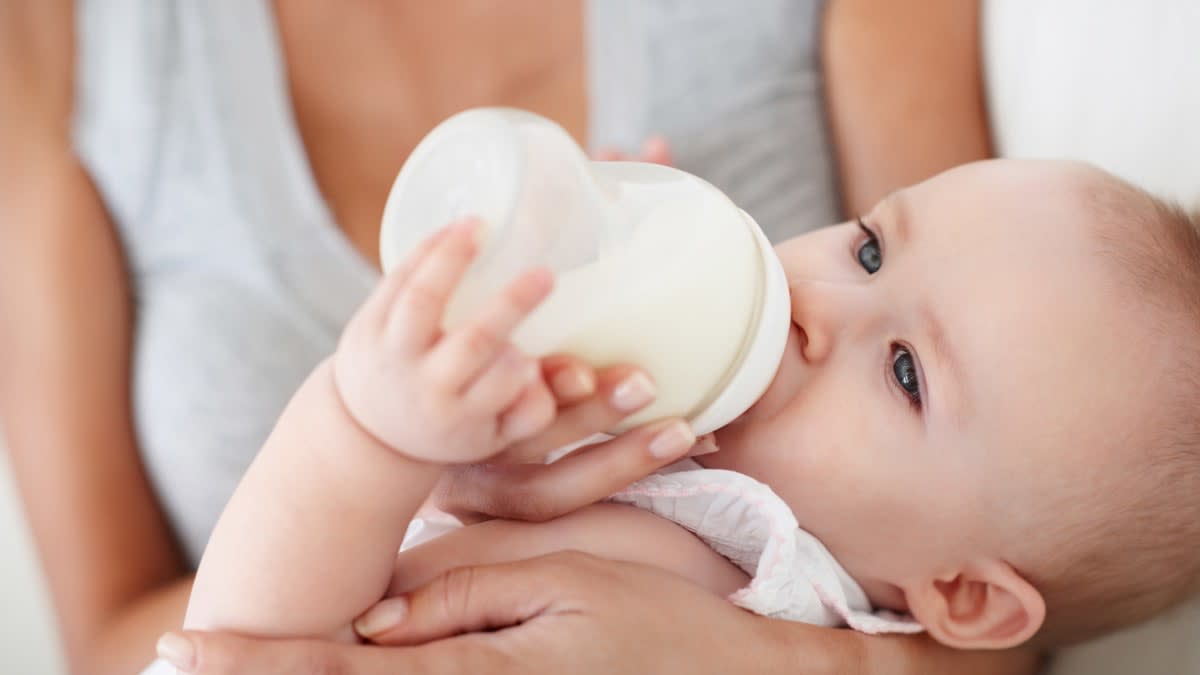
BPA
This chemical is used to harden plastics used to make, for example, water bottles, storage containers, and eyewear. It’s also used in resins that line some metal food cans, as well as in many other products, including receipt paper. Exposure to BPA has been linked to metabolic disorders, obesity, certain cancers, fertility problems, low birth weight in babies, disrupted immune function, and other health issues, says Devon Payne-Sturges, DrPH, an associate professor at the University of Maryland School of Public Health in College Park.
By 2007, research found that almost all Americans had BPA in their body. This is a chemical that mostly passes through the body within hours, so the high percentage of people with BPA in their systems shows just how ubiquitous this chemical is, says R. Thomas Zoeller, PhD, a professor emeritus of biology at the University of Massachusetts Amherst. Growing concerns about BPA prompted manufacturers to phase it out of use in baby bottles. Once that was complete, the Food and Drug Administration officially declared in 2012 that BPA couldn’t be used in baby bottles.
Lead
This is a toxic heavy metal, and no level of exposure is considered safe, especially for young children. Exposure to lead has been linked to a number of health issues in young kids, including behavioral problems, attention-deficit/hyperactivity disorder (ADHD), autism, lower IQs, and other issues. In 2022, glass baby bottles sold on Amazon made by Nuk were recalled because of lead contamination that came from decals on the outside of the bottle. (We did not detect lead in the plastic Nuk baby bottle we tested, but we did not test any of its glass bottles.) In addition, Lansinoh and Pigeon America (which owns Lansinoh) recently paused sales of their glass baby bottles after Lead Safe Mama, a company that tests products for lead and consults with families concerned about exposure to the heavy metal, reported test results detecting lead in some of those bottles.
In June, Pigeon told CR that the company had updated the print on its bottles and had them tested by a Consumer Product Safety Commission-accredited laboratory to confirm there was no detectable lead. Pigeon glass bottles should now be available again, though customers can contact the company at customerservice@us.pigeon.com for replacement bottles. Lansinoh told CR that testing confirmed its bottles meet CPSC requirements for lead. Lansinoh is also offering replacements to customers and will have updated bottle designs available in the fall. Contact the company at customerservice@lansinoh.com.
Phthalates
This is a class of chemicals used to make plastic more flexible. Phthalates are frequently found in products like plastic tubing and children’s toys. Like BPA, phthalates have been linked to a number of health issues, according to Payne-Sturges, including “a negative impact on male reproductive tract development.” Our tests looked for the eight phthalates currently regulated by the federal government for use in children’s consumer products, including baby bottles.
Source link


